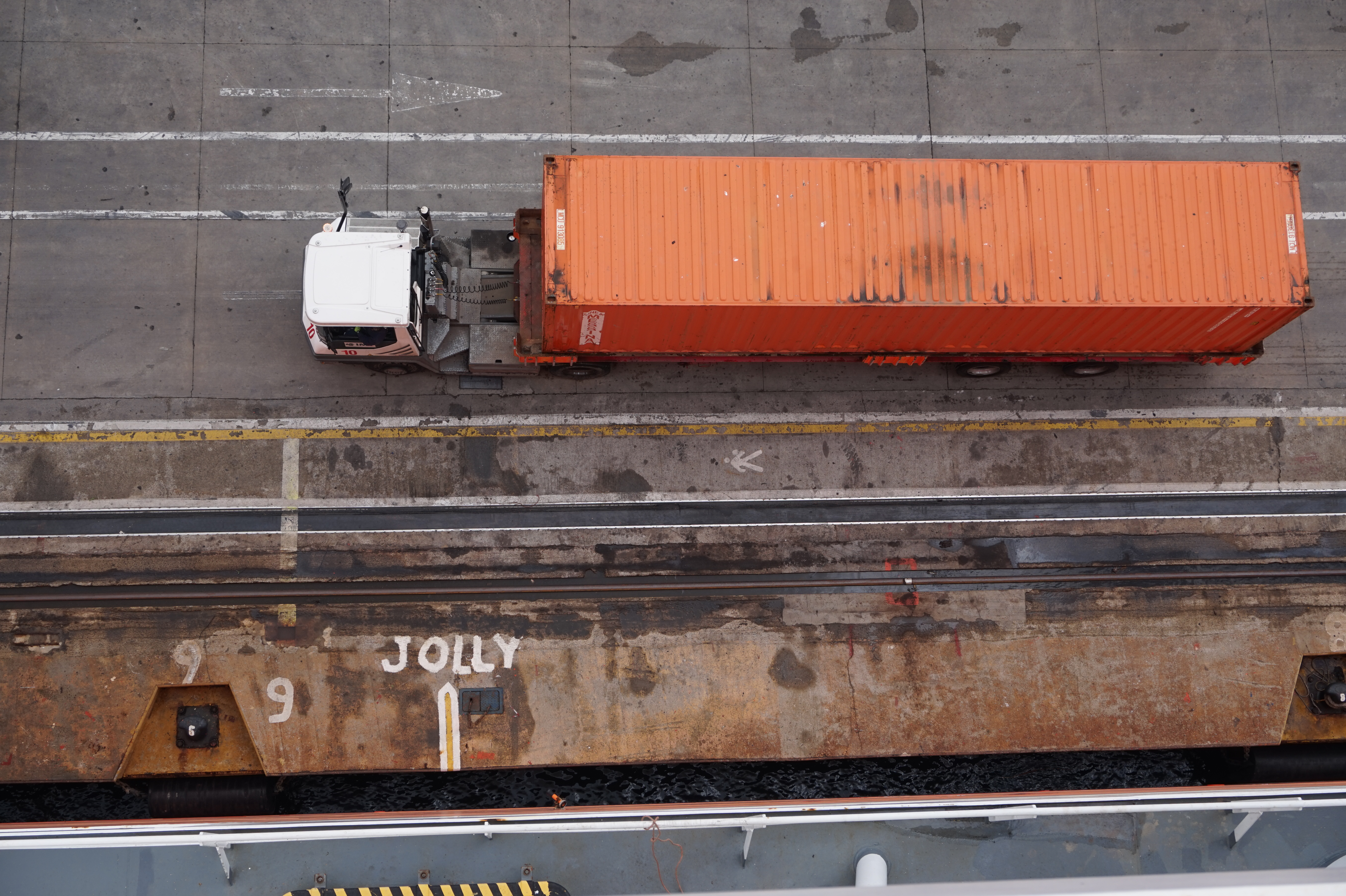There is a lot of talk about decarbonization, about reducing CO2 emissions, but not everyone seems to really believe it. Certainly not the Greek shipowner, George Procopiou.
At the Maritime Cyprus 2022 Conference, a two-yearly event organized by the Cypriot Ministry of Shipping in cooperation with the Cyprus Shipping Chamber and the Cyprus Union of Shipowners – held in Limassol between the 9th and 12th October – the founder of Dynacom Tankers and owner of Dynagas shocked the audience with a decidedly controversial statement: “Oil will be with us for the next 100 years.” He believes that nothing can replace it and it will continue to remain the most widely used fuel in shipping.
So much for ammonia, hydrogen or methanol. “They are fiction,” said Mr. Procopiou, expressing deep misgivings about the effectiveness of environmental sustainability regulations.
His harsh words, over the last few days, seem to have found some confirmation in the gloomy picture painted by the World Benchmarking Alliance (WBA), a non-profit organization whose mission is to provide everyone with access to information that sets benchmarks to increase transparency and help monitor and compare corporate sustainability performance.
In an assessment in partnership with another non-profit organization, CDP, the WBA points out that the most important cargo transport companies have strategic gaps in the adoption and promotion of environmental sustainability policies.
Out of the ninety companies under review (25 airlines, 17 shipping companies, 33 multimodal operators and 15 rail and road transport companies), only 7 % showed any real commitment to reducing their dependence on fossil fuels. According to the report, “Over 90% of the energy consumed by the various forms of transportation, be it aircraft, ships or trucks, comes from refined products”.
Of the ninety companies surveyed, 85% have fleets that are incompatible with a low-carbon future, although – the WBA points out – most of them have indicated that they are planning to renew their fleets.
Another critical factor – according to the WBA – is the lack of resources invested in Research and Development (R&D). Barely 0.3% of revenue from transport activities is spent on research projects that facilitate the gradual transition towards the adoption of low-carbon technologies, such as electric vehicles and sustainable fuels in air transport. It has to be said, however, that almost all the companies surveyed, 94%, do not provide significant R&D data.
The WBA goes on to point out that only a very small number of companies have decided to use their influence to promote a change of mentality and encourage the adoption of an eco-friendly conduct by their clients as part of the ecological transition process.
The top five best-performing companies in the transport benchmark include the ComfortDelGro Corporation (a road haulage company operating in seven countries); the French postal services company (Le Poste Group); the UK public transport company (First Group) and the Netherlands’ leading rail operator, NS Groep
In the shipping sector, the first place went to Maersk. According to the report the Danish shipping company is one of the few companies to have a policy that encourages the active involvement of trade associations on issues concerning environmental sustainability.
Vicky Sins, WBA’s head of the Decarbonisation and Energy Transformation department stated that “Transport accounts for 37% of global carbon emissions”. She stressed the need to step up efforts to combat environmental pollution if we are to keep in line with the goal, set in the Paris Agreement, of limiting average global warming to well below 2 degrees Celsius compared to pre-industrial times, aiming for a maximum temperature increase of 1.5 degrees Celsius.
But beware, “ The large-scale change needed cannot be achieved without every company getting actively involved across their business” , in order develop a new ecological awareness. There is an urgent need for collaboration in order to take a decisive step towards a zero-emission future.
Translation by Giles Foster




